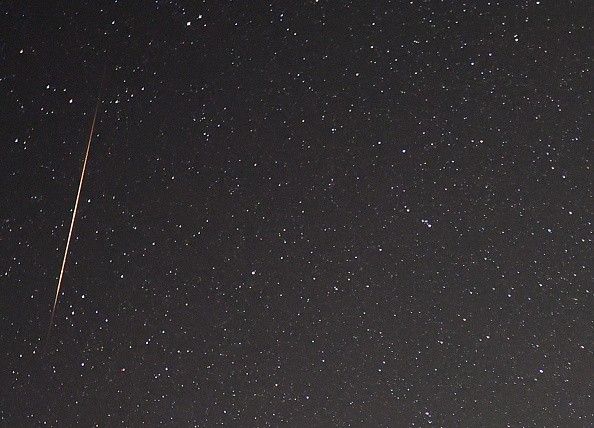The latest report shows that July is rich in astronomical events, including thunder moons, meteor showers, and galactic glow. Astronomy lovers and stargazers can expect unique sky sightings this month.
Stargazers should anticipate beautiful sightings in night skies this July. It is best to keep updated with the latest weather information and forecasts to ensure that the weather will not affect the upcoming astronomy events.
Considering the astronomy events this month, homeowners should mark their calendars to ensure they do not forget these sightings. Here are the astronomy sightings that people can expect.

In early July, people can anticipate and see the glow of the Milky Way. There is a chance to witness these meteor showers, particularly at night. When light pollution worsens, it can likely affect the views.
New Moon on July 5
A new moon can likely appear, according to the Old Farmer's Almanac. Additionally, it is an opportunity for gardeners to plant and grow mid-summer crops.
The First Quarter Moon on July 13
In addition to the new moon, the First Quarter Moon is forecast to peak at 6:49 p.m.
The Thunder Moon Set on July 21
According to a report, the Thunder Moon is expected to unfold on July 21. The Thunder Moon also has the following names:
- Salmon Moon
- Halfway Summer Moon
- Berry Moon
- Buck Moon
The Last Quarter Moon on July 27
One of the amazing events is the Last Quarter on July 27, which could peak at 10:52 p.m.
Meteors from July 30 to July 31
Next are the two meteor showers that can peak from July 29 to July 30. The Southern Delta Aquarids are also forecast from July 30 to July 31.
The late July can likely unleash around 20 shooting stars per hour. There is also a possibility of fireballs, which stargazers can see.
For other meteor showers, the Perseids are considered one of the most popular of the year. These showers are expected to unleash up to 100 meteors per hour.
According to a report, the astronomical summer and sunny weather will be ideal for people who want to stargaze or witness the upcoming astronomical events.
Weather conditions, exceptionally light pollution, and a cloudy outlook could affect this month's best sightings. As a result, if they plan to view astronomical events, stargazers should keep up-to-date with the latest weather reports.
In addition, the event could become more exciting when people bring binoculars or cameras to capture the best events this July.
Another aspect of the event is enjoying the views with family members or loved ones.
For more similar stories, don't forget to follow Nature World News.
© 2025 NatureWorldNews.com All rights reserved. Do not reproduce without permission.





